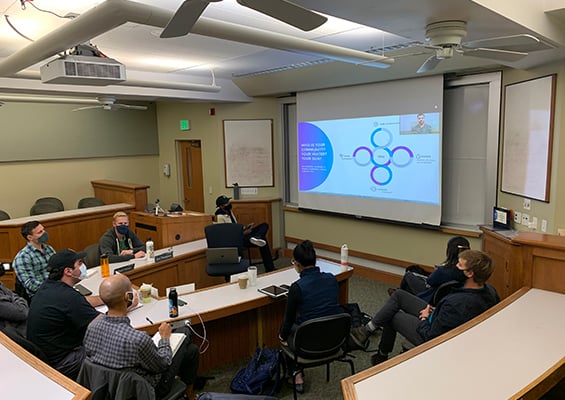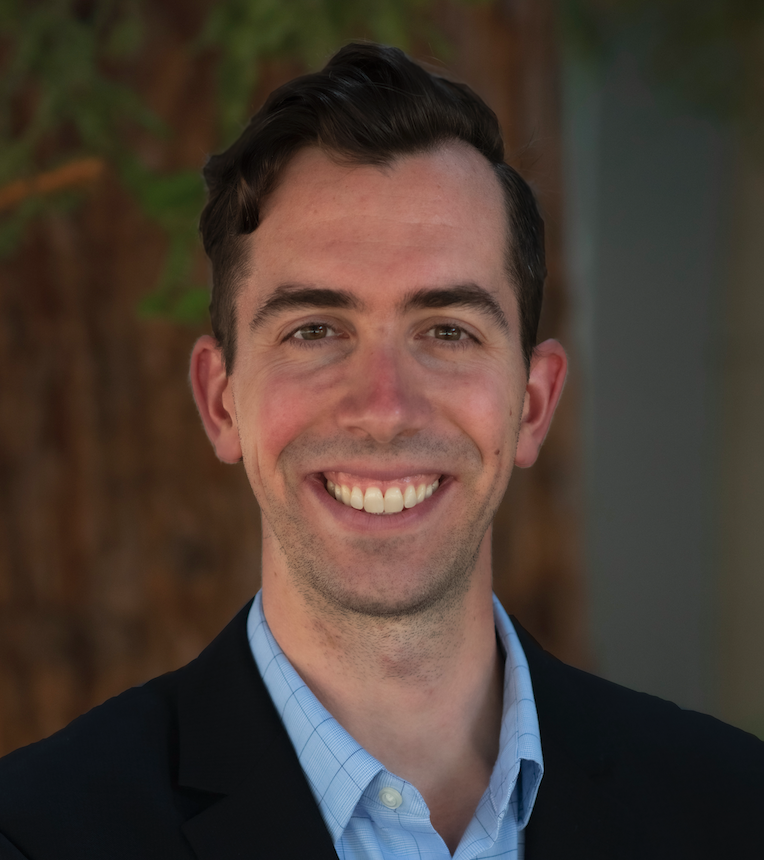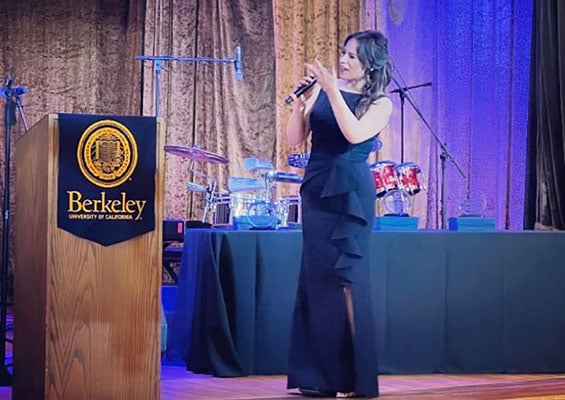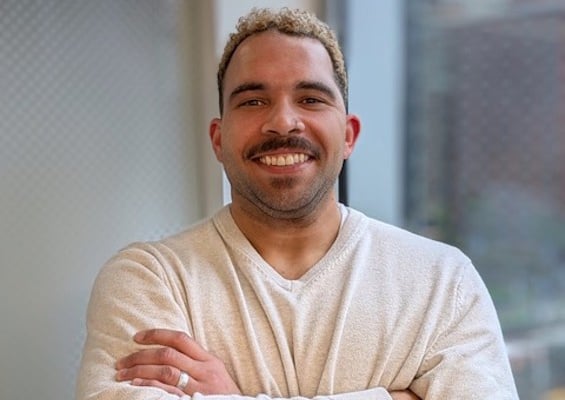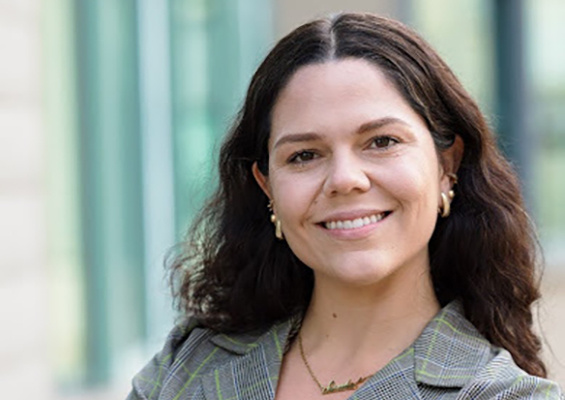When I mention to someone on campus that I’m a “manbassador”—a portmanteau of “man” and “ambassador”—it usually elicits a curious chuckle. The Haas Manbassadors are part of the Women In Leadership club. We’re a group of students focused on building awareness around gender equity issues and providing tools for everyone to be a better ally.
Diversity, equity, inclusion, and belonging have entered the mainstream. Nonetheless, gender-based disparities persist in many of the workplaces and industries my classmates and I will enter upon graduating. Awareness is necessary but not sufficient for addressing inequities that impact womxn and other intersecting identity groups.
That’s why this past fall, as one of Haas’ Manbassadors, I organized a class about male allyship designed to help participants effectively show up for colleagues and peers from historically underrepresented groups.
Over the course of seven weeks, the twelve of us had wide-ranging conversations about topics like sponsorship (when a senior employee takes a vested interest in the career progression of a junior employee), covering (when a person either hides or downplays some aspect of themselves because they don’t want to feel uncomfortable), and amplification (proactively referencing someone’s name when talking about their original idea or contribution in order to give them credit).
There is an important, if subtle, difference between not being part of the problem and actively being part of the solution."
We were lucky enough to have Patrick Ford, MBA 17, as our weekly facilitator. Patrick started the Haas Manbassadors when he was a student in the full-time MBA program, and since then he has built out a consulting practice, Allies at Work, that trains “overrepresented” employees in how to become better allies.
“I love being part of folks’ allyship journeys, and especially coming back to Haas and connecting with current students,” Patrick explains. “I see this class as a way for participants to better align their behavior with their existing values around equity and inclusion. I find that it’s often unclear for folks how to best do that, and the class is designed to support that exploration, which is both unique to each individual and also has common, universal themes.”
The course was also made possible in part through a sponsorship by Abhishek Sharma, MBA 16. Four years after he graduated from the evening and weekend program at Haas, Abhishek started Shake the Cosmos, a community based on the principles of Kundalini Yoga, Ayurveda, and the beliefs of connection and mindfulness.
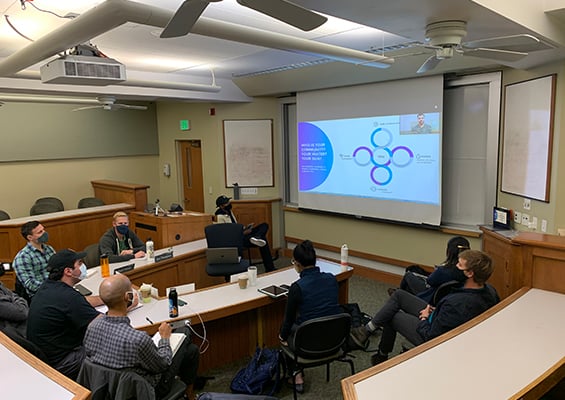
Abhishek, dialing in from India via Zoom, delivers a short workshop to the class on support systems.
“To me, ‘Shake the Cosmos’ means to take action and not just sit idle with what you want to accomplish in your life,” Abhishek says. “The techniques I teach empower people so they feel confident in their own identity, as well as participate actively in their support systems.” He chose to partner with Manbassadors because the Male Allyship course “hit home on various levels.”
“Allyship is something personal for me,” he says. “As an immigrant, a person of color, and a thriving young artist, I have been on both sides – needing the support of an ally and being an ally. I feel it is part of my story to give back.”
Luckily, the class drew participants from all corners of campus.
Mukunda Sastry, MBA 22, President of Digital Media and Entertainment Club and Director of Operations for Haas’ student-run course Dialogues on Race, found the course to be therapeutic.
“Having an intimate space at Haas to discuss topics surrounding male allyship was incredibly powerful for my own development,” explains Mukundha. “This class gave me the confidence to create additional spaces with my male peers at Haas and beyond to share, reflect, and grow.”
Seroja Boyakhchian, MBA 22, took the class to have a space each week to take on a completely different mindset than other classes.
"The Male Allyship class was one of my favorites this semester because we got to dig far below the surface level of some really important issues that we will have to grapple with,” Seroja says. “Having a space where gender, race, culture, and identities were the center of the problem-solving instead of at the margins meant that we could have some real conversations about where and how making inroads on those issues could start with us."
To me, there is an important, if subtle, difference between not being part of the problem and actively being part of the solution. Not being part of the problem is a passive stance that can, intentionally or not, allow existing inequities to remain stubbornly, and structurally, entrenched. Being part of the solution, on the other hand, is a proactive approach that aims to both interrupt and repair historical injustice. My hope is that this male allyship class provided some of my peers with the insights, tools, and community to proactively advance gender equity solutions at Haas and beyond.
This 1-unit course meets once a week and will continue to be offered each fall.




